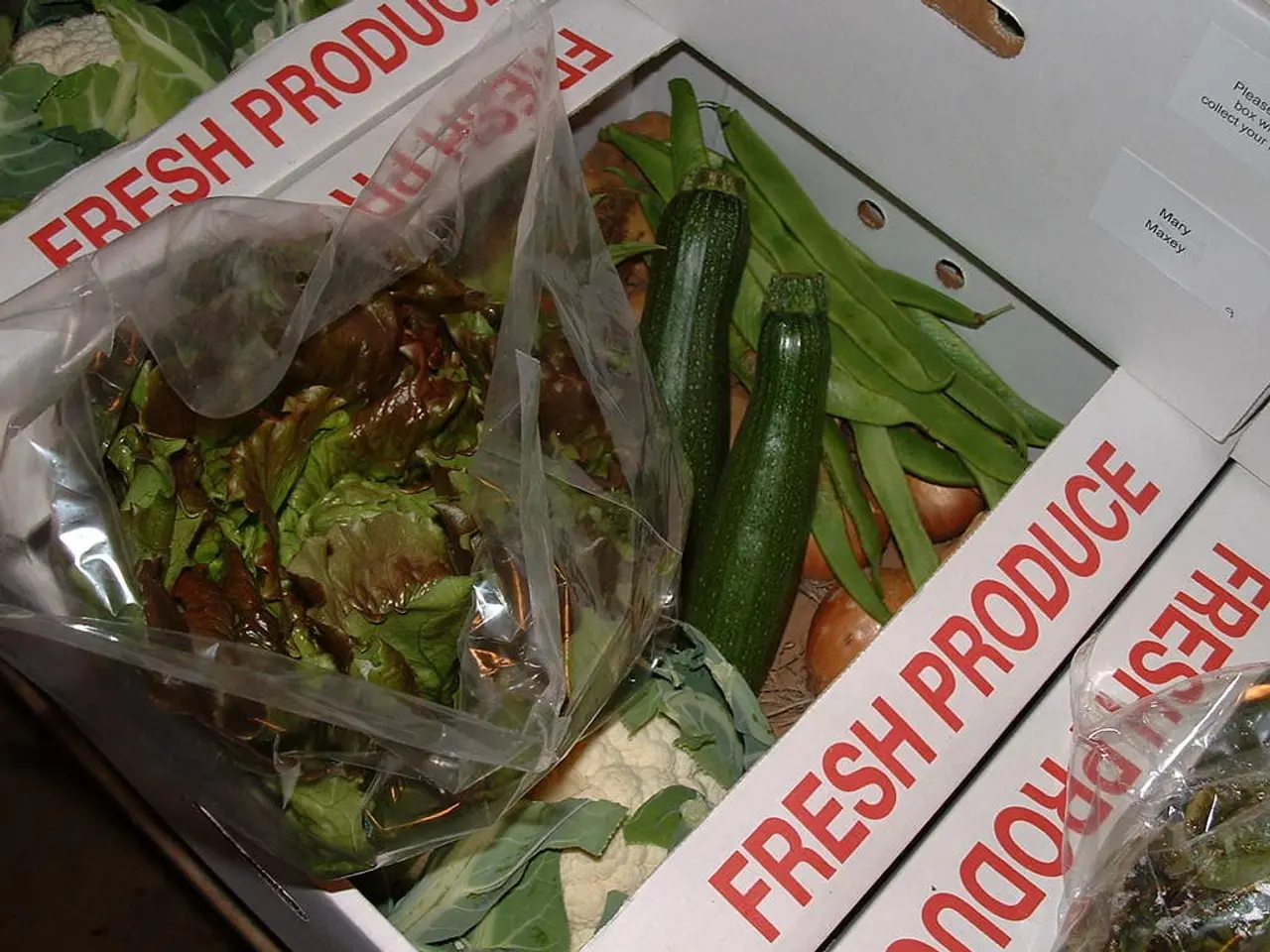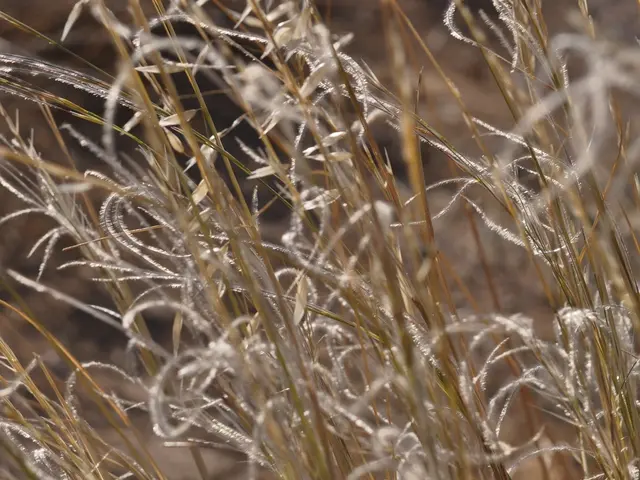Top 10 Suitable Edibles for Pots in Tight Quarters
Container Gardening: An Urbanite's Dream Come True
Growing your own plants right at home, even if you're short on space, can be a dream come true for those living in the hustle and bustle of cities. Whether you have a small balcony, patio, or just a sunny windowsill, container gardening offers a versatile and convenient solution for urban gardeners and those with limited yard space. In this guide, we'll explore the best edible plants for containers, and provide some maintenance tips to help create a thriving, compact edible garden that brings the joy of home-grown food and flowers right to your doorstep.
Edible Plants for Container Gardening
1. Summer Squash
Summer squash can be grown in containers with ease. Start 1-2 seeds in small 3" pots, allowing them to germinate. Place them in a bright, warm location with evenly moist soil, and your summer squash will germinate in as little as a week. Remember, these plants require full sun to produce, so make sure they're getting at least 6 hours of sunlight per day.
2. Strawberries
Strawberries are ideal for container gardening due to their shallow roots. They can be grown in containers as small as 10 to 12 inches in diameter and 8 inches deep, although the smaller the container, the more frequently you'll need to water. These fruits thrive in ten or more hours of sunlight each day, but they need a minimum of six hours of direct sunlight for successful fruiting.
3. Cucumbers
Water-loving cucumbers do best in plastic or ceramic containers with drainage holes. Ideal pots are at least a foot deep, and that size will increase your harvest. Cucumbers ripen from mid-summer to mid-autumn and do not tolerate frost, so they must be well-supplied with moisture and plant nutrients throughout the growing season, with water being particularly critical during the fruiting stage.
4. Potatoes
Potatoes make a fantastic choice for container growing, especially starchy root vegetables. Select a large container, at least 40 liters with a minimum depth of 12-18 inches, to provide enough room for the plant to grow and develop tubers. Potatoes love the sun, so plant in a sunny spot where they'll get at least six hours of sunlight each day.
5. Mint
Mint is an herb that grows well in containers. It's best to choose a pot at least 12-16 inches wide to keep the plant under control. Mint-like herbs tolerate a little shade but prefer full sunlight. Fill the container with quality potting soil, mix in some time-release fertilizer, and water consistently to keep the soil moist but not soggy.
6. Tomatoes
Tomatoes are perfect for container gardening, and there are plenty of varieties suitable for container growing, from tiny grape tomatoes to large slicing tomato varieties. Tomatoes need a solid 6-8 hours of direct sunlight daily, and they grow best in well-drained, sandy soil. Tomato plants in containers require more frequent watering than those in the ground.
7. Hot Peppers
Peppers have long roots and do well in containers with a depth of 20-40 cm. Make sure your container has drainage holes to allow excess water to drain away effectively. Pepper plants require consistently moist soil, so plan on watering daily, especially during the summer months. Peppers need at least six to eight hours of full sun every day.
8. Salad Greens
Lettuces are small, and their root systems are shallow. A foot-deep, foot-wide pot is ideal for growing multiple types of lettuce. Leafy greens require moist but not soggy soil and can tolerate some shade. Water your plants once the top half-to-one-inch of soil dries out.
9. Blueberries
If you'd like to grow blueberries or raspberries, use a container with a depth of at least 46 cm. Fill the container two-thirds with potting mix formulated for acid-loving plants. Blueberries grow best in full sun, so place them in a sunny spot. Trees provide too much shade, compete with plants for resources, and interfere with air movement around plants.
10. Eggplants
Eggplants grow well in containers and require care similar to tomatoes. Opt for a large container with good drainage, and be mindful of the plant's optimal growing conditions, including the right amount of sunlight and well-draining, slightly acidic soil.
Conclusion
Container gardening is a fantastic way to cultivate fresh varieties of fruits, vegetables, and herbs, regardless of the space available. With the right containers, soil, and care, anyone can create a thriving, productive, beautiful kitchen garden that contributes to a sustainable lifestyle and supports a nutritious diet. Enjoy the joy of container gardening and savor the taste of your own homegrown harvest.
- Incorporating healthy cooking practices, such as using fresh herbs like mint from a container garden, can add a delightful flavor to meals and contribute to a beneficial lifestyle.
- As container gardening expands beyond edibles to include plants, it's worth noting that some popular food-and-drink pairings, such as strawberries and fresh mint in a cooling beverage, can be cultivated within the confines of home-and-garden pots.
- Adopting a container gardening approach for growing your produce allows not only for a convenient lifestyle choice but also for the potential improvement in health through consuming nutritious, home-grown food.







